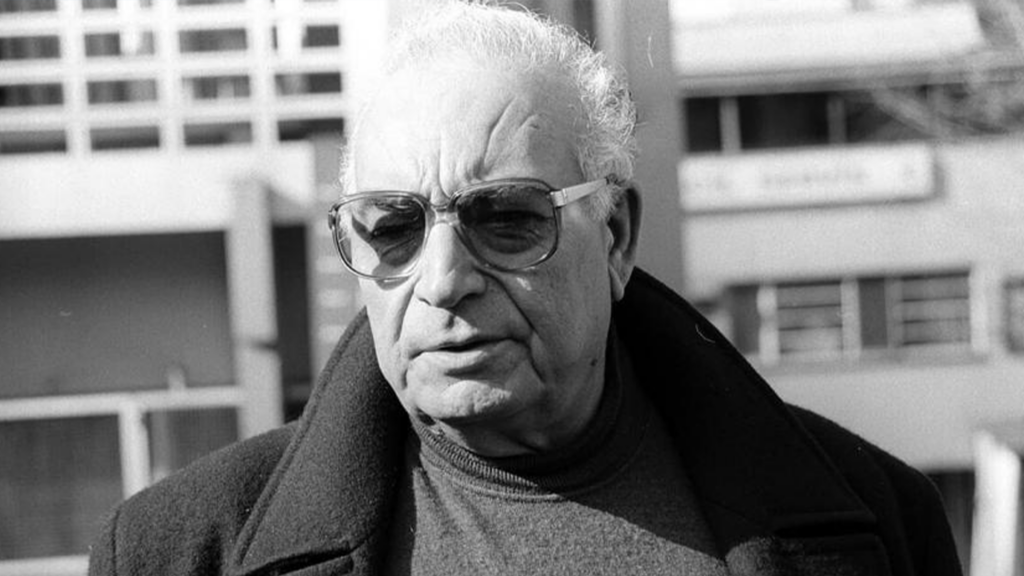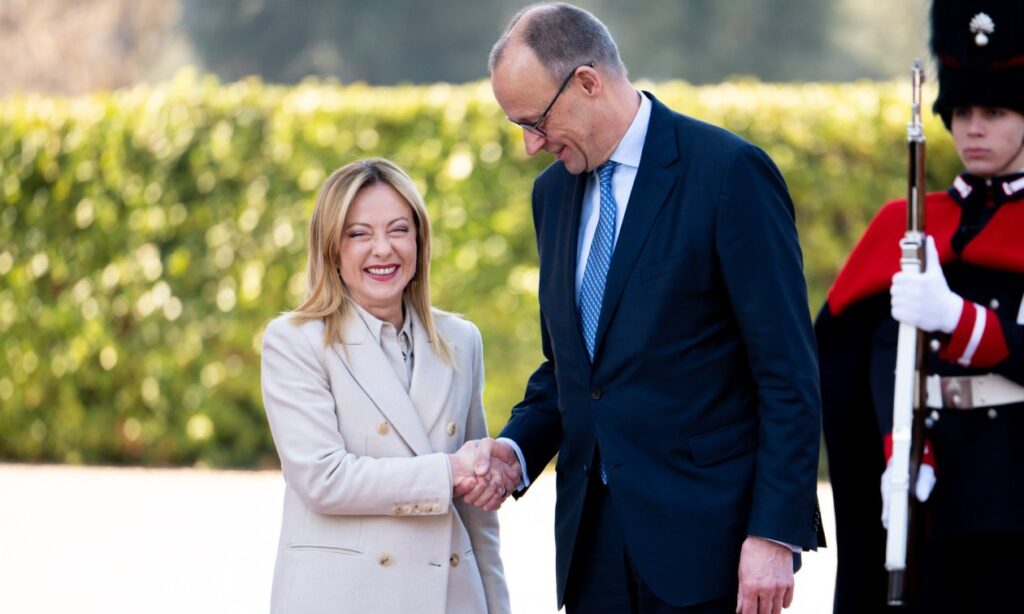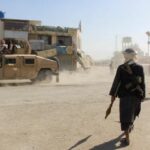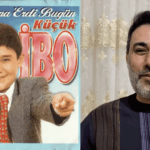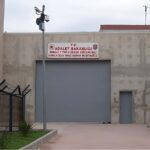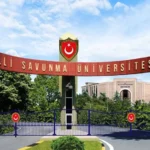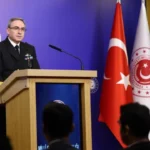The Turkish original of this article was published as “Özyönetim”
açmazı ya da çıkmazı… Nereye kadar? on 8th December 2015.
After the 7th June elections, the PKK inaugurated a policy of declaring “self-government” in towns and cities where the HDP got very high votes, and has stuck with it to this day. Some of the local residents have been lending their support to this practice, while others have chosen to flee the region altogether. Meanwhile the vast majority seem to be quietly pondering the question of “where it is all going to end.” Through its armed youth, the PKK has established its hegemony in these urban centers. Of course, it is also possible to say that this hegemony was never in doubt. The HDP had registered crushing victories in all these localities. So clearly, there must be a different calculation involved.
What is the government going to do? How far can the PKK go? At present, the government’s approach appears to have become routinized. Every now and then a curfew is declared. Houses are searched, and suspect persons are detained. It could be that they are waiting for public support to decline.
Then after the police have pulled out, all those ditches are once more dug and barricades erected in the very same neighborhoods. Under these circumstances the urban economy nears further collapse, so that people find it more and more difficult to cope with their most basic daily needs and requirements.
Those who want to escape this environment, moreover, are faced with very harsh reprisals. Those who object have their homes set afire; those who are bent on leaving are wholly expropriated. They are not allowed to take even their personal belongings with them.
Who is going to dominate?
Those Kurds and Turks who had been expecting the PKK to lay down its arms are now being pointedly told that “it will be a long time before our guns fall silent, for we still have a long way to go.”
“Around here I am the boss, and the state should simply accept this fact,” the PKK is saying. It is countering the state’s claim to sovereignty with its own concept of sovereignty.
Since the state is highly unlikely to agree, what is likely to happen? The current conflict and clashes will simply continue.
The Kurdish question and saying farewell to arms
In a statement he made yesterday, Selâhattin Demirtaş claimed that the president’s notion of a solution to the Kurdish question was limited to “the PKK laying down its arms.” He thereby accused the government of constituting the main problem.
It will soon be time to embark upon the process of making a new constitution that should also incorporate a solution to the Kurdish question. At that point, it might be possible to take some new steps.
Sooner or later, it is all going to boil down to a question of power and sovereignty. Is it going to be enough for Turkey to withdraw its objection to the EU clause on autonomy for local governments?
Until yesterday, I was among those who believed that this was where the solution lay. Öcalan, too, seemed to be of the same opinion.
But now it looks as if the PKK is not going to agree to this.
The future of the Middle East and the PKK’s future
Although the future of the Kurdish question seems to hinge on the course of events in Syria and Iraq, we must persist in trying to solve it internally.
The PKK is looking for a role to play as an actor in this crisis. The region is heating up. It is not even clear whether Russia and the West are going to clash or reach a compromise. But obviously, both sides are increasingly adopting a more active posture.
What to make of Turkey’s attempt to send troops to Mosul in this context? This much is certain: It is to Barzani that such support is being provided. Iran, meanwhile, is threatening Turkey through Baghdad, and at the same time counting on both Talabani and the PKK as being against Barzani and on its side.
As for the PKK, its latest stance seems to be one of asking “Russia and the US to agree among themselves and to come to support me.” The PKK would also prefer a “solution with Assad.”
Looking at the regional crisis as a whole, the question of whether “the PKK is going to go with Russia or the bloc that includes Turkey” retains its urgency.
To negotiate while the fighting is still going on
Yet another dimension of the situation has to do with the future of the “self-government” areas. Uncertainties about the future of these towns and cities are increasingly tacked on to region-wide problems, evolving into a new dynamic that runs parallel to such international questions.
In the process of trying out this option, it looks as if the PKK is now distancing itself ever more decisively from an outlook of “seeking a solution with and within Turkey.”
But as we keep seeing in other corners of the world, such conflicts have a way of ending up at the negotiating table sooner or later.
Even with violence at its height, as the Irish or South African examples demonstrate, secret talks to find a way to lay down all arms were still able to take place.
But in Turkey, the prevailing impression is that nothing is being done in this regard.
The government position appears to be one of “continuing as usual” unless and until the PKK declares that it is no longer going to wield guns against Turkey.
Maintaining security measures, resisting and repelling all attacks, not letting down your guard — yes, all this is understandable. And yet, it might still be possible to also keep searching for a solution.
Yazıyı beğendiysen, patronumuz olur musun?
Evet, çok ciddi bir teklif bu. Patronumuz yok. Sahibimiz kar amacı gütmeyen bir dernek. Bizi okuyorsan, memnunsan ve devam etmesini istiyorsan, artık boş olan patron koltuğuna geçmen lazım.
Serbestiyet; Türkiye'nin gri alanı. Siyah ve beyazlar içinde bu gri alanı korumalıyız. Herkese bir gün gri alanlar lazım olur.




